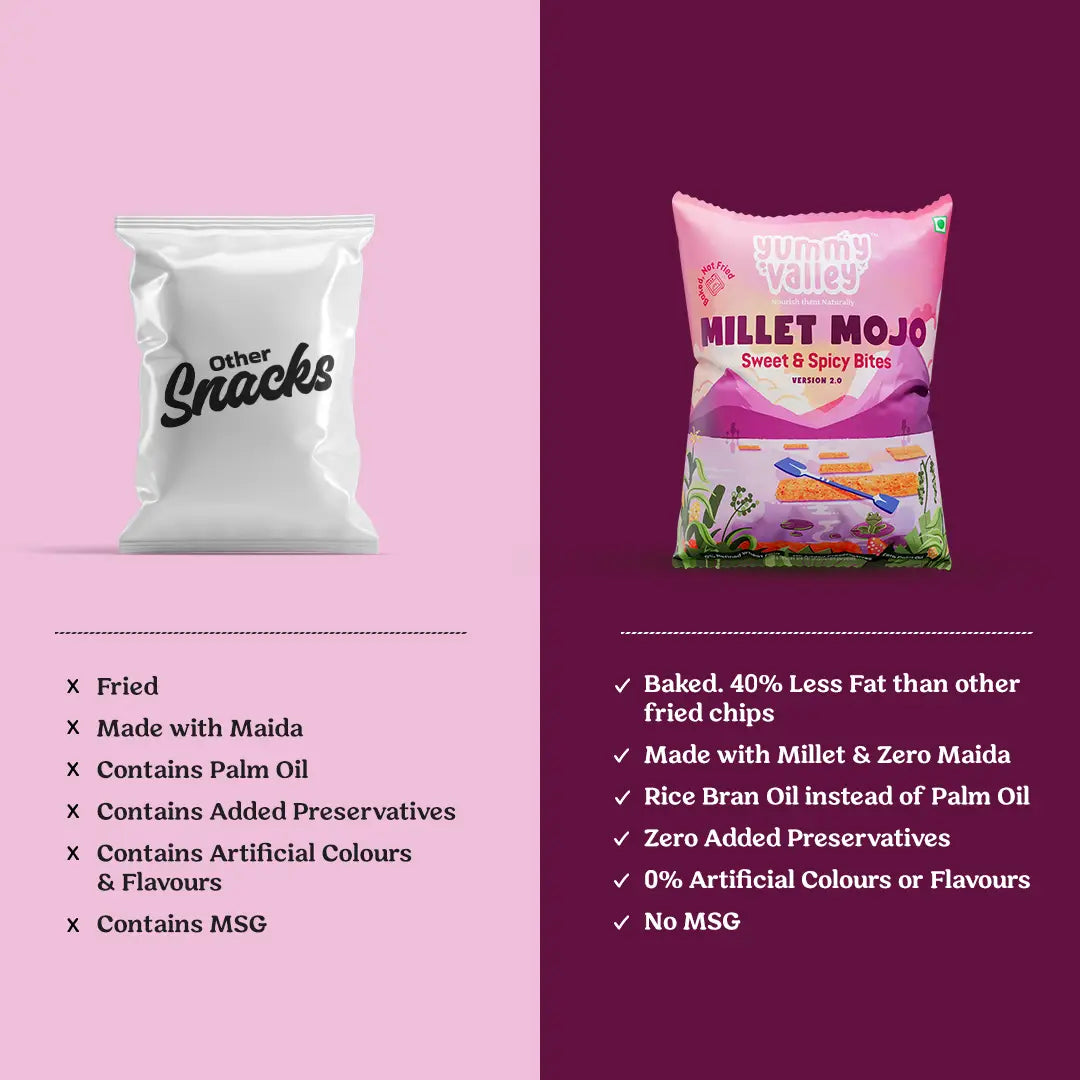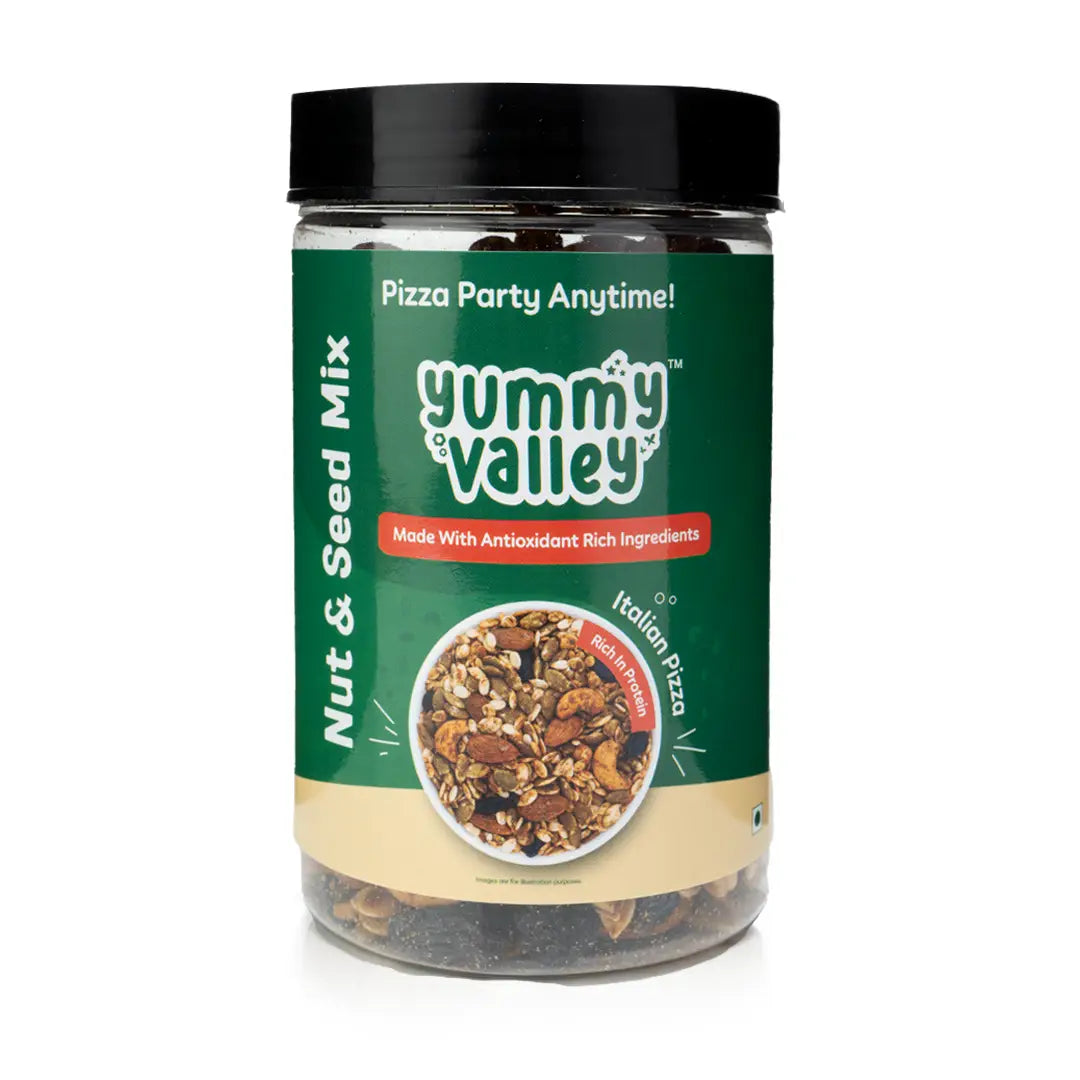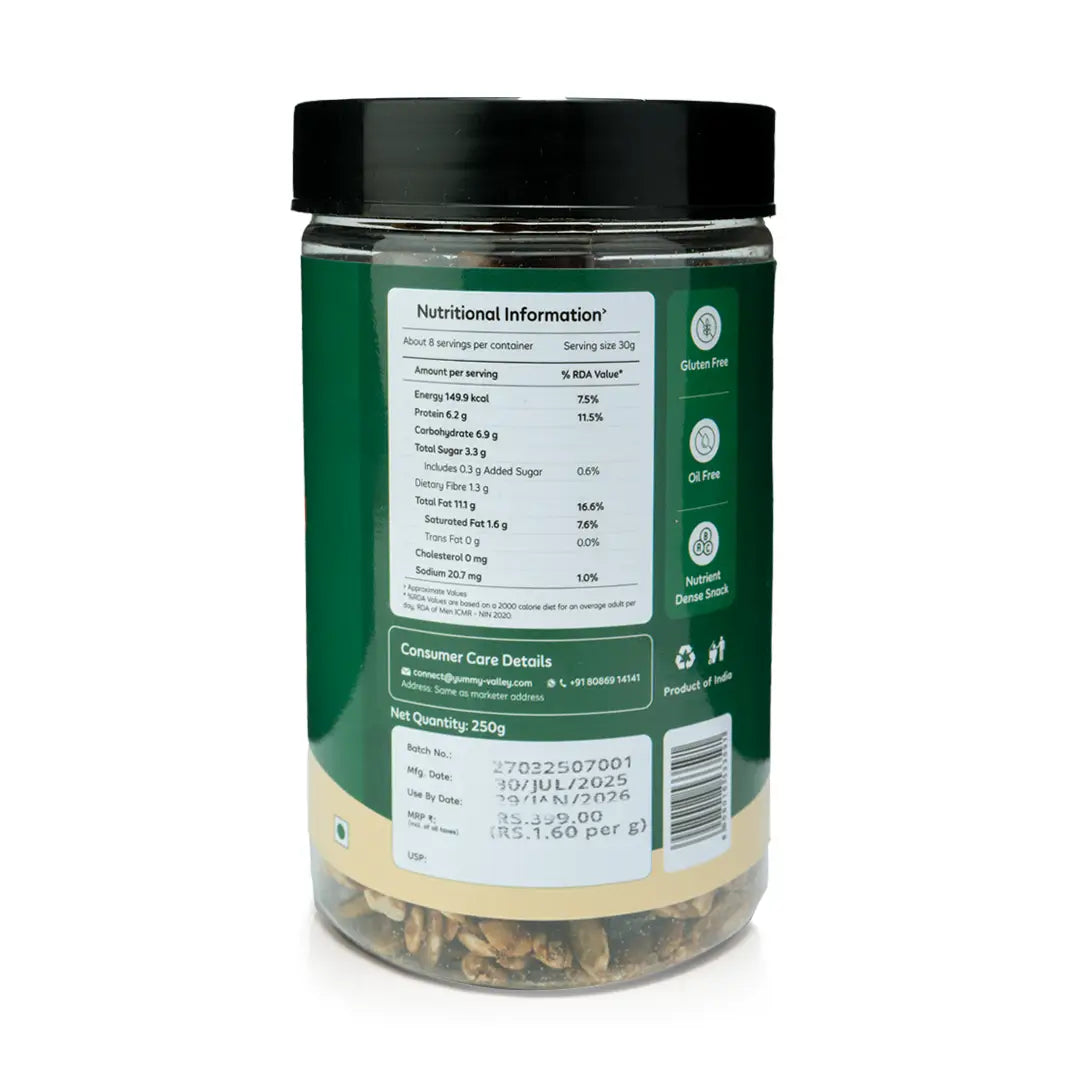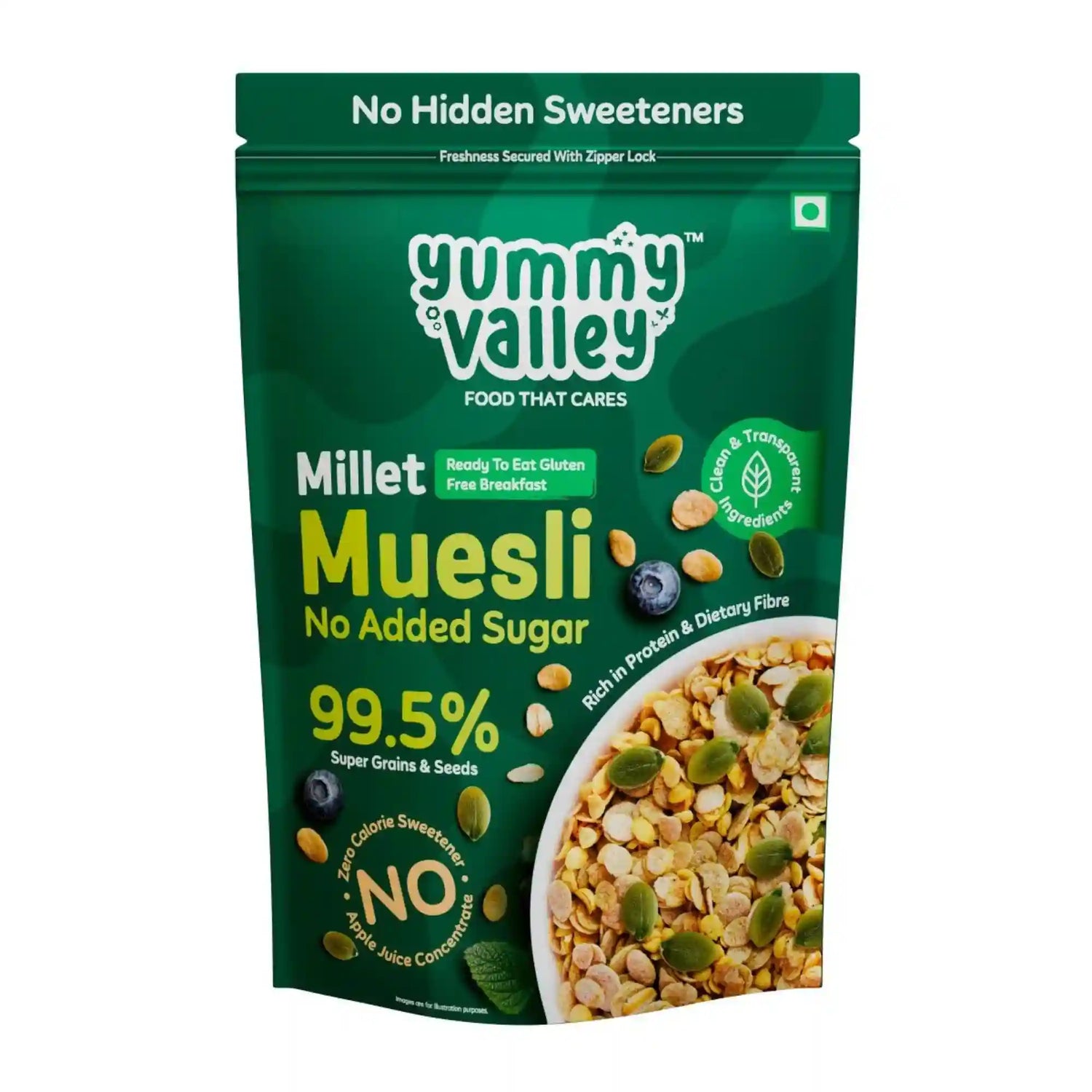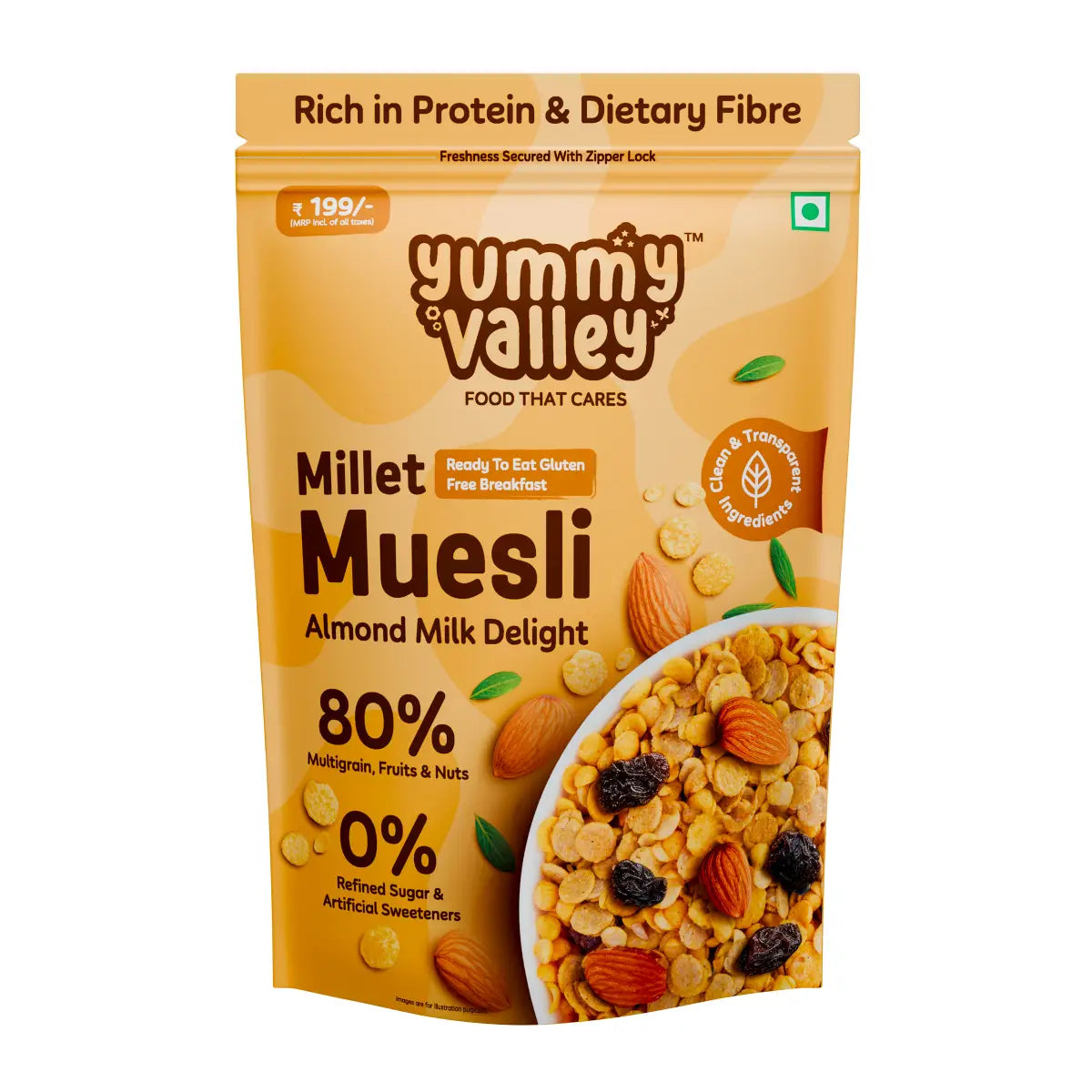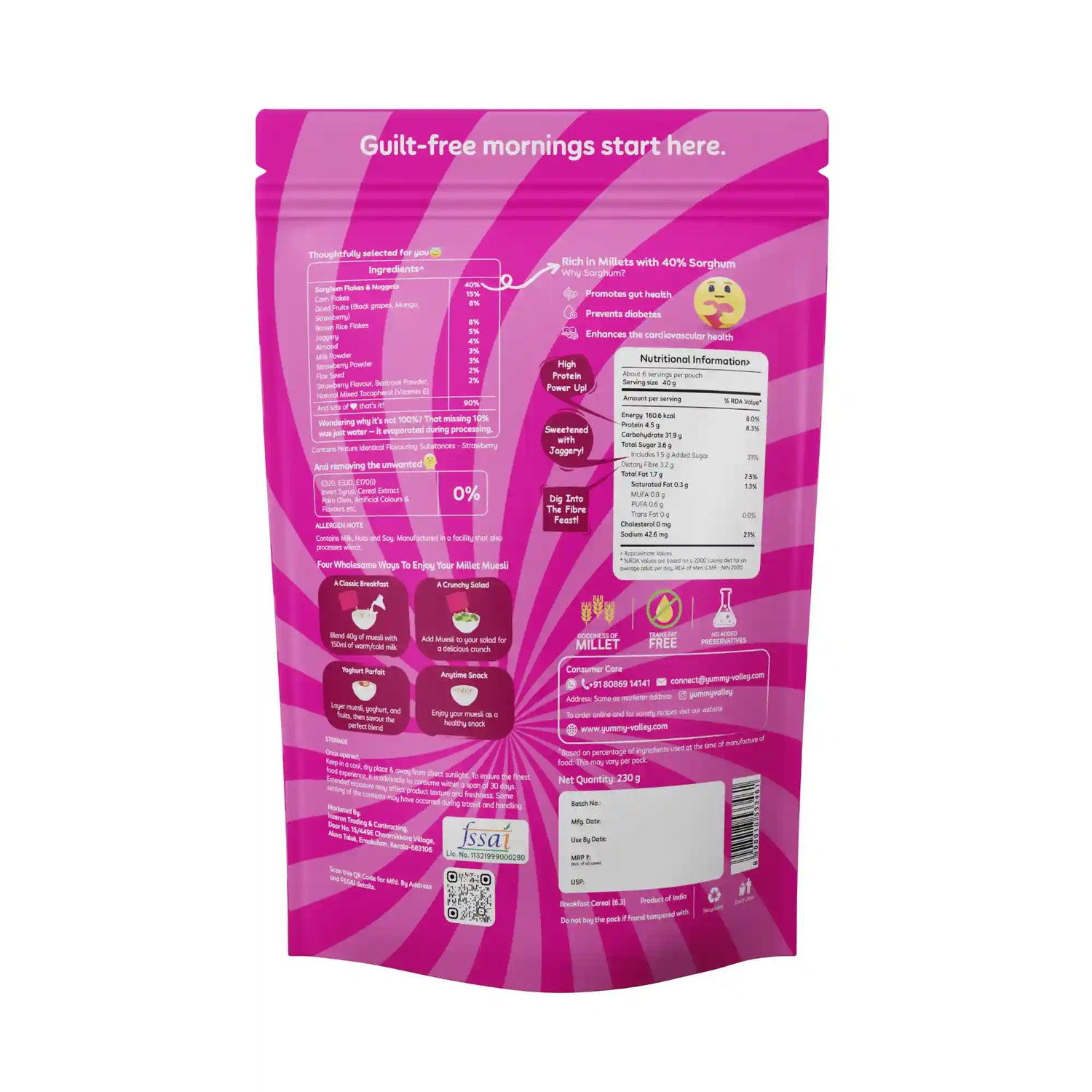8 Benefits Of Curd And It’s Side Effects

Benefits of Curd: Curd is often overlooked in superfoods, yet it quietly contributes to numerous aspects of health. Whether served as a creamy side dish, blended into a smoothie, or stirred into a cooling raita, curd has been a staple in traditional diets for generations and for good reason.
Packed with probiotics, calcium, protein, and a host of gut-friendly properties, curd offers far more than taste. It supports digestion, bone strength, immunity, and even skin health. In this guide, we are going to explore the amazing benefits of curd and its side effects.
What Is Curd?
Curd is a fermented dairy product traditionally prepared by adding a small amount of existing curd to warm milk, encouraging the growth of natural bacteria. This fermentation process thickens the milk and imparts a mild, tangy flavour.
While similar to yoghurt, curd is often homemade and less standardised, widely consumed across South Asia, especially in Indian households. It is rich in essential nutrients, including calcium and beneficial bacteria, and can be consumed in various forms, from drinks to savoury dishes or on its own.
Curd also holds significant cultural and dietary value. In Ayurveda, it is considered a sattvic food, believed to enhance strength, immunity, and digestion when consumed correctly. In modern nutrition, it is recognised for its functional food properties, providing health benefits that go beyond basic nutrition.
Nutritional Value of Curd (per 100g)
Wondering what exactly curd offers beyond its creamy texture and tangy taste? Here’s a nutritional breakdown per 100g of whole milk curd:
|
| Nutrient | Nutritional Value (per 100g) | % Daily Recommended Value |
|---|---|---|
| Total fat | 4.2 g | 5% |
| Saturated fat | 2.658 g | 13% |
| Polyunsaturated fat | 0.129 g | – |
| Monounsaturated fat | 1.194 g | – |
| Cholesterol | 14 mg | 5% |
| Sodium | 371 mg | 16% |
| Total carbohydrate | 3.45 g | 1% |
| Dietary fibre | 0 g | 0% |
| Sugar | 1.3 g | – |
| Protein | 11.75 g | – |
| Calcium | 72 mg | 6% |
| Iron | 0.13 mg | 1% |
| Potassium | 99 mg | 2% |
| Vitamin A | 42 mcg | 5% |
| Vitamin C | 0 mg | 0% |
Nutritional content can vary slightly depending on how it’s prepared and the quality of the milk used.
Health Benefits of Curd
Curd may appear simple, but it offers a wealth of health benefits that go far beyond its refreshing taste. As a natural source of probiotics, protein, calcium, and other vital nutrients, curd plays a valuable role in supporting overall wellness. Whether consumed as part of a balanced meal or used therapeutically, its benefits extend across various systems of the body, from digestion to immunity and even mental health.
Below are eight scientifically-backed health benefits of curd that explain why it deserves a regular place in your diet.
1. Promotes Clear, Radiant Skin
Curd is a natural source of lactic acid, which acts as a mild exfoliant, helping to remove dead skin cells and unclog pores. When applied topically, it soothes irritation and hydrates dry skin. When consumed regularly, it provides nutrients like zinc and vitamin E, supporting skin health from within. It can also provide relief from sunburn and heat rashes.
2. Supports Bone and Dental Health
Curd is high in calcium and phosphorus, both essential for building and maintaining strong bones and teeth. Its easier digestibility compared to other dairy products makes it an excellent calcium source for those with mild lactose intolerance.
3. Helps Manage Weight Naturally
Thanks to its protein content and probiotic strains, curd promotes satiety, reducing unnecessary cravings. It also supports metabolic function, aiding fat metabolism and potentially contributing to healthy weight management when included in a balanced diet.
4. Aids Digestion and Gut Health
Curd is rich in live cultures that assist in breaking down food and absorbing nutrients more efficiently. Its probiotic content balances stomach acidity, alleviates bloating and constipation, and improves overall gut health.
5. Boosts Immunity
A well-balanced gut microbiome is vital for immune defence, and curd supports this by encouraging the growth of beneficial bacteria. Regular consumption can help prevent common infections and colds, especially during seasonal changes.
6. Supports Cardiovascular Health
Curd contains heart-friendly fats and compounds that help reduce inflammation, one of the major contributors to cardiovascular disease. Its probiotics assist in lowering LDL (bad cholesterol) and increasing HDL (good cholesterol).
7. Balances Cholesterol and Blood Pressure
Curd is a source of potassium, which counteracts sodium levels and helps regulate blood pressure. Probiotics also aid in lowering triglyceride levels, making curd a valuable dietary component for individuals managing cholesterol or hypertension.
8. Improves Mood and Reduces Stress
Emerging research links gut health to emotional well-being. Probiotics in curd may influence the gut-brain axis, supporting the production of serotonin and helping to regulate cortisol, the stress hormone. This can result in improved mood and reduced anxiety over time.
Curd vs Yoghurt: What’s the Difference?
Although both curd and yoghurt are fermented dairy products, they differ in preparation and consistency:
- Curd is traditionally made by curdling milk with natural acids such as lemon juice. The fermentation process is variable and often homemade.
- Yoghurt is cultured using specific bacterial strains like Lactobacillus bulgaricus and Streptococcus thermophilus, ensuring uniform taste and probiotic levels.
While yoghurt may offer more standardised probiotic content, curd remains a wholesome, natural food that is deeply rooted in culinary tradition.
For individuals seeking convenience and consistency in their diet, yoghurt may be more practical. However, those embracing traditional dietary patterns often prefer homemade curd for its freshness, affordability, and cultural resonance.
Is It Safe to Eat Curd Daily?
In most cases, daily consumption of fresh curd can be highly beneficial. It supports digestion, strengthens the immune system, and provides essential nutrients. It is also easily adaptable to most diets, including vegetarian and high-protein regimes.
However, individuals with lactose intolerance, respiratory issues, or dairy allergies should moderate intake, especially at night. Additionally, care should be taken to avoid overly sour or improperly stored curd, which could cause digestive discomfort.
Potential Side Effects of Curd
While curd is highly nutritious, eating it in excess or at unsuitable times may lead to certain side effects. It’s important to listen to your body and consume it mindfully.
- Digestive Discomfort: Curd is generally gentle on the stomach, but too much, especially when sour or full-fat, can cause bloating, gas, or loose stools, particularly in people with lactose intolerance.
- Respiratory Concerns: Due to its naturally cooling properties, curd may increase mucus production. This can worsen conditions such as sinusitis, asthma, or frequent colds, especially when consumed at night or in colder seasons.
- Weight Gain: Full-fat or sweetened curd, if eaten regularly and in large portions, may contribute to gradual weight gain. Those managing their weight may prefer low-fat, plain versions and smaller portions.
- Cold Sensation and Heaviness: Some individuals report feeling cold or sluggish after eating curd, particularly in the evening. This is often due to its dense, cooling nature and may not suit those sensitive to temperature or digestion.
- Skin Reactions: For some, especially those prone to hormonal acne or skin sensitivity, excess dairy intake can lead to breakouts or flare-ups. Monitoring your skin’s response can help manage this.
- Imbalance in Gut Flora: Though curd is rich in probiotics, overdoing it can disturb the natural balance of gut bacteria, potentially causing irregular digestion or discomfort.
- Dairy Sensitivity or Allergy: People with a dairy allergy should avoid curd entirely, as it can trigger symptoms ranging from mild digestive upset to more serious allergic reactions.
- Food Combination Concerns: According to traditional food systems, curd may not pair well with certain ingredients such as fish, meat, or fruit. These combinations are thought to disrupt digestion in some individuals.
Also Read: 15 Amazing Benefits of Sabudana & Its Side Effects
Conclusion
Curd is a nutrient-dense, versatile dairy product that offers significant health benefits, from better digestion and immunity to improved skin and heart health. It blends seamlessly into traditional and modern diets alike, providing both taste and therapeutic value.
However, as with any food, moderation is key. Paying attention to how your body responds is essential, especially if you have pre-existing health conditions. For personalised guidance, consult a qualified healthcare practitioner or dietitian.
FAQs on the Benefits of Curd
What is the best time to eat curd?
The best time to consume curd is during the day, particularly with lunch, to maximise its digestive and cooling benefits.
Can curd help reduce belly fat?
While curd alone won’t burn fat, its high protein and probiotic content can support fat loss when paired with a healthy diet and regular exercise.
Is curd beneficial for the skin?
Yes, curd contains lactic acid and other nutrients that help enhance skin texture both internally and externally.
Should curd be avoided at night?
Curd may cause heaviness or mucus build-up if eaten late, particularly in those with respiratory concerns or slow digestion.











